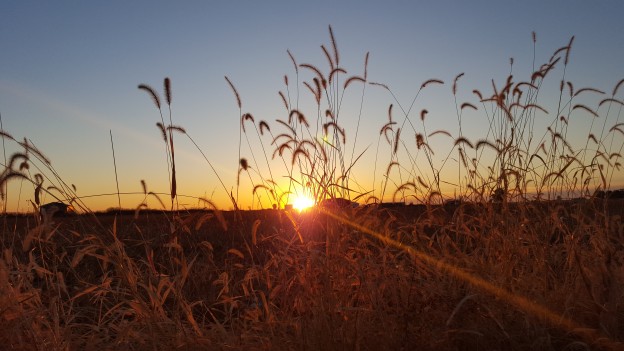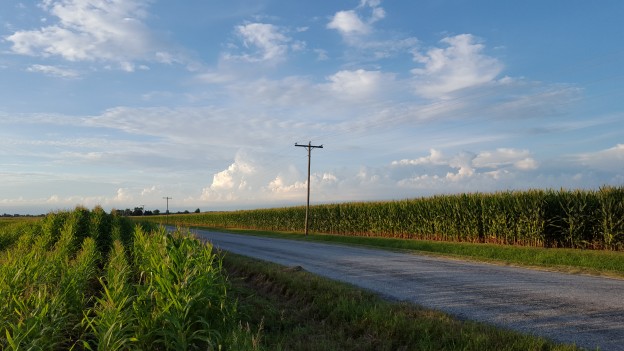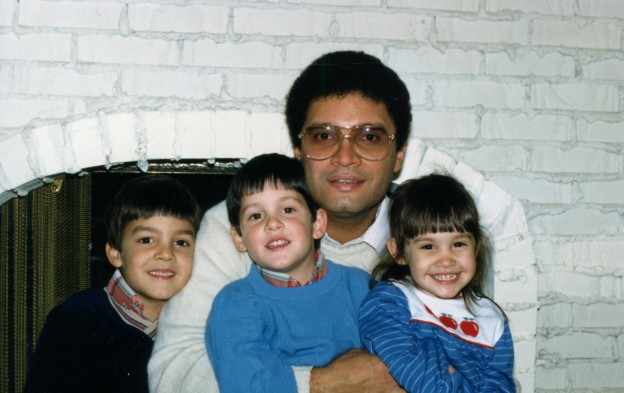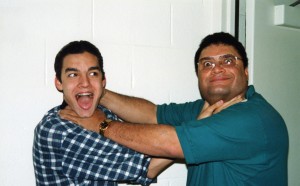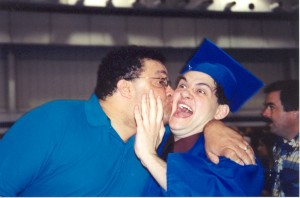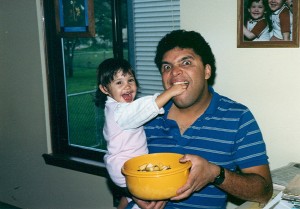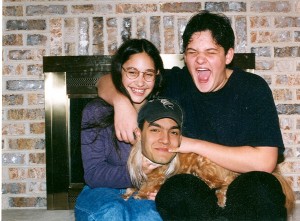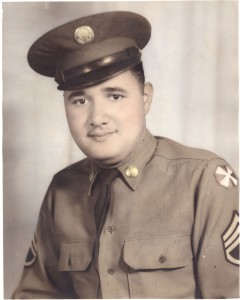It’s a new year and I’m not feeling particularly eloquent yet.
Some well-known songwriters penned hits for other singers or groups. Carole King wrote Little Eva’s hit, “The Locomotion;” Carole King, in turn, did Aretha Franklin’s “(You Make Me Feel Like) A Natural Woman.” Other classics have more obscure roots. Blues singer Memphis Minnie wrote “When the Levee Breaks” in 1929; Led Zeppelin reworked it in 1971. The 1990s heralded the rise of tribute bands and albums, often as good as, or even better, than the originals.
So here are some of the most famous, or infamous, covers of tracks we all know.
Woodstock – Crosby, Stills, Nash and Young. We all grew up with this song, but Joni Mitchell wrote it after talking with her then-lover, Graham Nash, about those three days of sex, drugs and rock ‘n’ roll. Her version, on Ladies of the Canyon, is rather dreary; CSNY made it rock!
Singin’ the Blues – Black Oak Arkansas. Originally made famous by Marty Robbins and Guy Williams in 1956, this incongruous version is on BOA’s 1971 debut album, between Hot and Nasty and Lord Have Mercy on My Soul. “Jim Dandy” Mangrum’s distinctive voice would make Axl Rose sound like Pavarotti.
Gloria – Jimi Hendrix. Written by Van Morrison and a hit for The Shadows of Knight, Gloria has been reworked by many groups, including Patti Sm
ith’s punk version that begins, “Jesus died for somebody’s sins but not mine.” I heard this extended version driving home at 3 a.m.after delivering a baby. The censors weren’t around then….”even though she didn’t like homemade sin, and her breath smelled like wut pussy.”
Are You Experienced? – Belly. From Stone Free, the 1993 Hendrix Tribute CD, this version of the title track from Jimi Hendrix’s debut album gets an alternative rock makeover by Tanya Donally. Play this sucka’ LOUD!
With A Little Help From My Friends – Joe Cocker. Cocker took Ringo Starr’s tepid little tune from the (IMHO) over-rated Sgt. Pepper’s album and injected it with soul. It didn’t hurt to have Jimmy Page on guitar. John Belushi did an epileptic but dead on tribute to Joe Cocker in this unforgettable version on Saturday Night Live
Twist and Shout – The Beatles. Recorded by the Top Notes in 1961 and the Isley Brothers in 1962, John Lennon goes all-out on this one.
Shout – Otis Day and the Knights. Even though DeWayne Jessie lip-synced Lloyd Williams’ vocals for this Animal House classic, he really could sing. His older brother Obediah, a.k.a. “Young Jessie,” sang with The Coasters before moving to jazz. Jessie went on to an almost 40-year career as Otis.
Miserlou – Dick Dale and the Deltones. An
obscure tune from Egypt or Asia Minor got a surf-rock makeover in 1962 and cinematic notoriety in Quentin Tarantino’s Pulp Fiction. Dick Dale was born Richard Anthony Monsour and heard his uncle playing Miserlou on the oud. Who said nothing good ever came out of the Middle East?
Heat Wave – Linda Ronstadt. Just the memory of her in that Cub Scout uniform still gives me goosebumps.
Country Roads – Toots and the Maytals. Welcome to Jamaica, mon; have a nice day! All the women I knew in high school who were John Denver fans thought this was sacrilege. I thought it was perfect!
Who Do You Love? I’m torn between this one,
George Thoroughgood and the Destroyers’ Sam Adams Beer commercial version, and the six-part live performance by Quicksilver Messenger Service, from the Happy Trails album.
Crimson and Clover – Joan Jett and the
Blackhearts. Leather and heavy metal turned this adolescent Shondell’s classic into a heavy-metal lesbian love ballad.
Spoonful – Cream. Written by Willie Dixon and
recorded by Howlin’ Wolf, Eric Clapton and Co. turned this into a seventeen-minute jam session on the epic Wheels of Fire album.
Viva Las Vegas – ZZ Top. Substitute Texas blues-rock for Elvis Presley’s samba and you get this. Thank ya, thank ya verramuch.
’I Got You, Babe – Beavis and Butthead. Cher’s voice only got better during the intervening three decades since she and “some dork” sang it in 1965. Why Cher would associate with two animated imbeciles defies all logic but I, for one, am grateful and amused.
Tracks (C) original performers.
Image (c) Can Stock Photo

